Of all the alternative fuels being talked about today, ethanol may get the least respect.
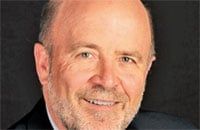
It's a creation of corn-belt politics. There aren't any pumps to speak of. Automakers just make flex-fuel cars to gain corporate average fuel economy credits. Or so the criticism goes.
But some auto company engineers say that, whatever its past failings, ethanol should be taken seriously. Ford Motor Co.'s Sue Cischke is one of them.
The pro-ethanol argument is that it can be made from readily available, domestic sources ranging from wood chips to municipal garbage.
"This is a huge country, and we have a lot of natural resources and a lot of the waste that that we could convert to energy," says Cischke, Ford's group vice president for sustainability, environment and safety engineering. "We shouldn't squander that."
Cischke argues that the United States needs a strong energy policy and that ethanol should be central to it. She would like to see all vehicles capable of running on a 20 percent ethanol-80 percent gasoline blend, and half the vehicles being sold capable of burning E85 -- 85 percent ethanol.
That requires changing internal materials to resist the water that ethanol attracts, as well as changing engine calibration, she says. She also favors government requirements -- and incentives -- for service stations to add ethanol pumps. All of that requires significant lead time.
"It takes 10 years to turn around the car parc," Cischke says. "Now it's even longer. With the recession, people are holding on to their cars longer. So if you want to do something 10 years from now, you better start planning today."


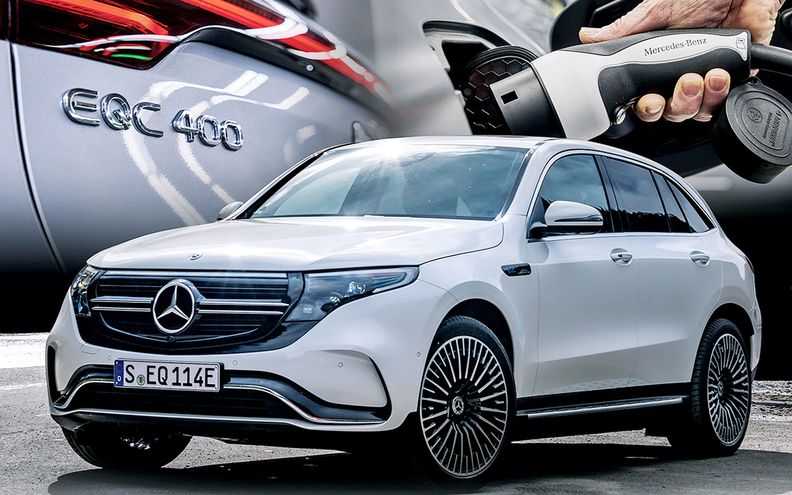
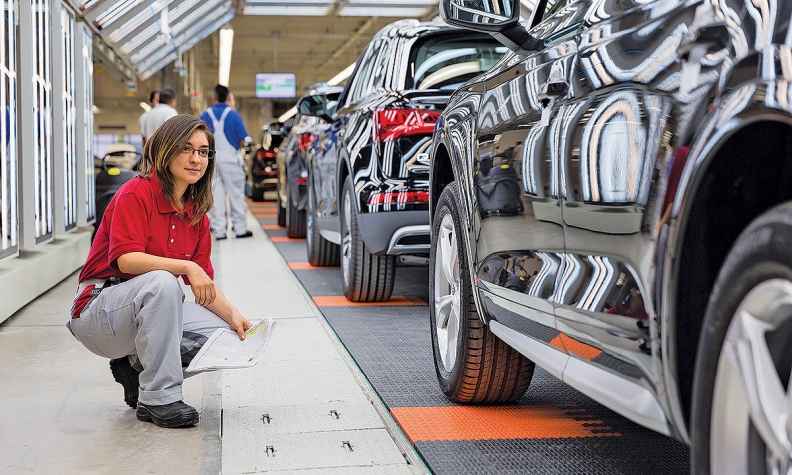
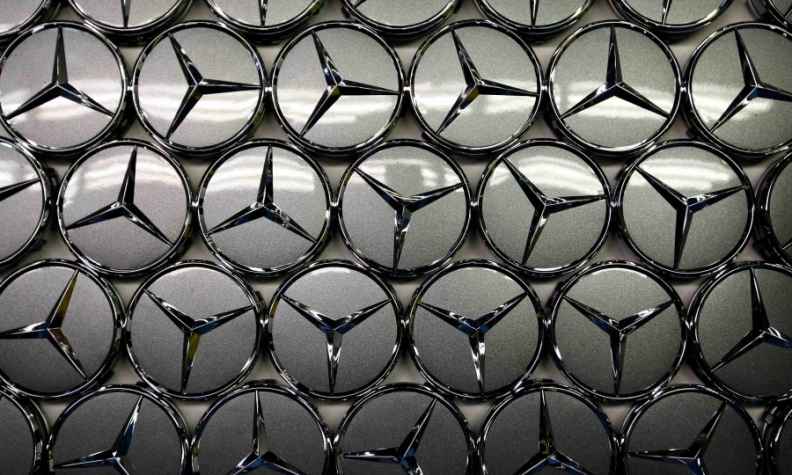
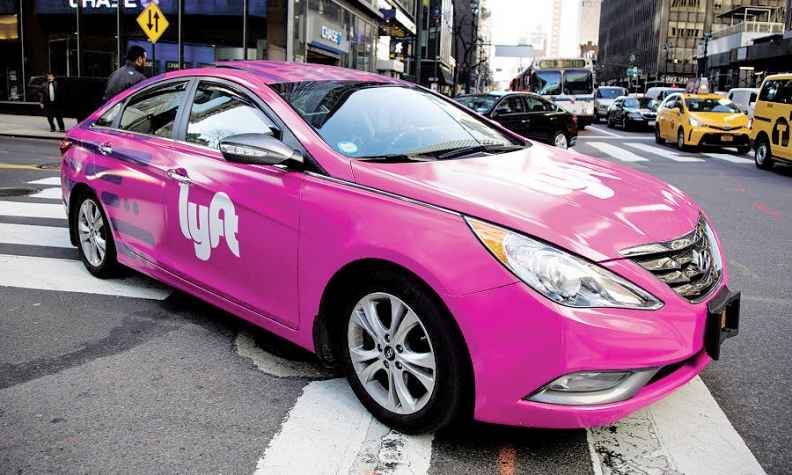
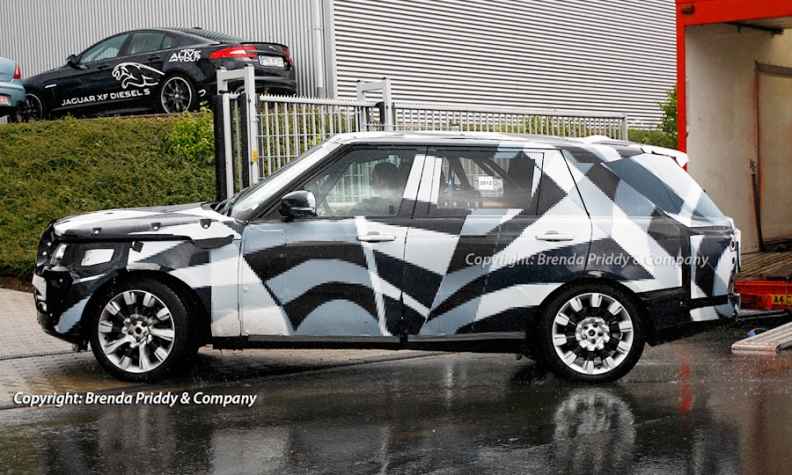
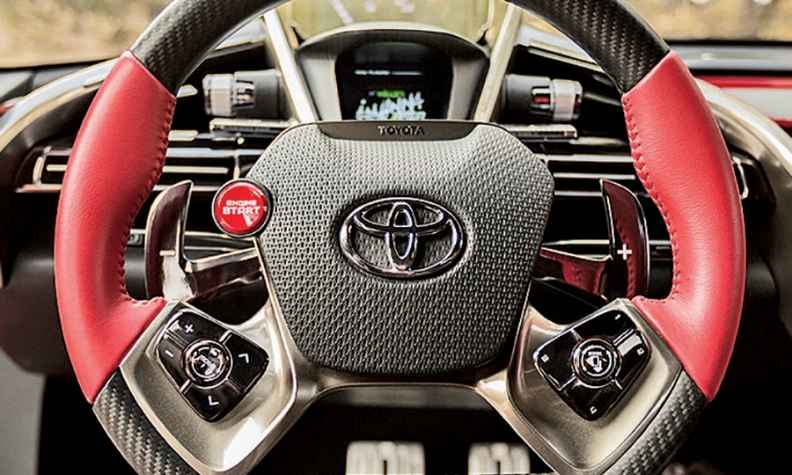
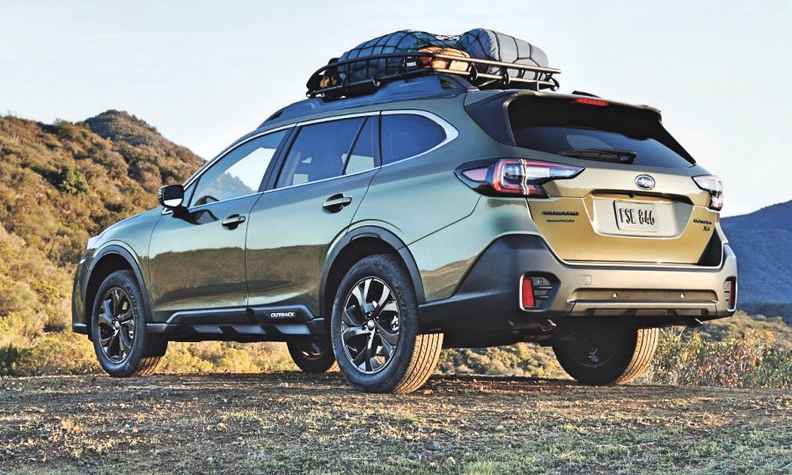
Post your comment